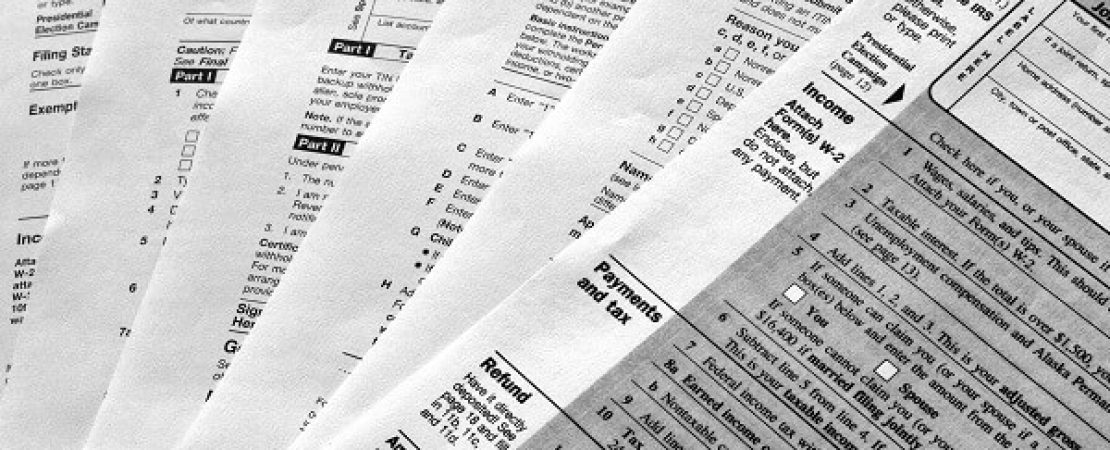You just started receiving workers’ compensation benefits, but the end of the year and tax time are much sooner than you thought. You wake up one night in a cold sweat, wondering: “Are those workers’ comp benefits taxable? Am I going to have a huge tax bill this year?”
Go back to sleep, because you do not owe taxes on workers’ compensation benefits in Minnesota or federally. The question gets raised often because many injured workers get wage-loss benefits, which are determined based on weekly pre-injury wages. Normally wages have taxes taken out, so people begin to wonder if wage-loss benefits come with tax obligations too. Fortunately they do not.
In Minnesota, wage-loss benefit amounts are calculated based on your average gross weekly wage before your injury. “Gross” means the amount you receive on your check or in your direct deposit after federal and state taxes are taken out. In other words, the benefits take into account that the money you actually receive in pocket is less than your total weekly pay.
Some types of workers’ compensation wage loss benefits consist of two-thirds of your average gross weekly wage (TTD and PTD). Since you pay no taxes on the benefits, you are getting two-thirds of what you actually were receiving in pocket before your injury. Other benefits are two-thirds of the difference between your average weekly wage pre-injury and your current weekly wage now that you are back to work (TPD). If you are permanently partially disabled, you may receive a lump sump benefits payment (PPD). If your relative died as the result of a workplace accident, you may receive death and dependency benefits. All of these types of benefits are not taxable.
As to federal taxes, the IRS has a special law that makes compensation for personal injury non-taxable. (26 U.S.C. § 104(a)(1).) You can sleep easy knowing that your wage-loss and medical benefits come tax-free. The only limited exception is if you took deductions for medical expenses because you were initially denied benefits. If the insurance company later granted you medical benefits and paid your past bills, you need to speak to an accountant about whether you need to amend your returns.
Need help getting workers’ compensation for your injury? Joe Osterbauer, Esq. and the Osterbauer Law Firm stand up for injured Minnesota workers’ rights. Joe’s 27 years of workers’ compensation experience and his team’s speedy service combine to get clients the results they need. To schedule a free consultation, visit Osterbauer Law Firm online or call Joe’s office at (612) 334-3434.

